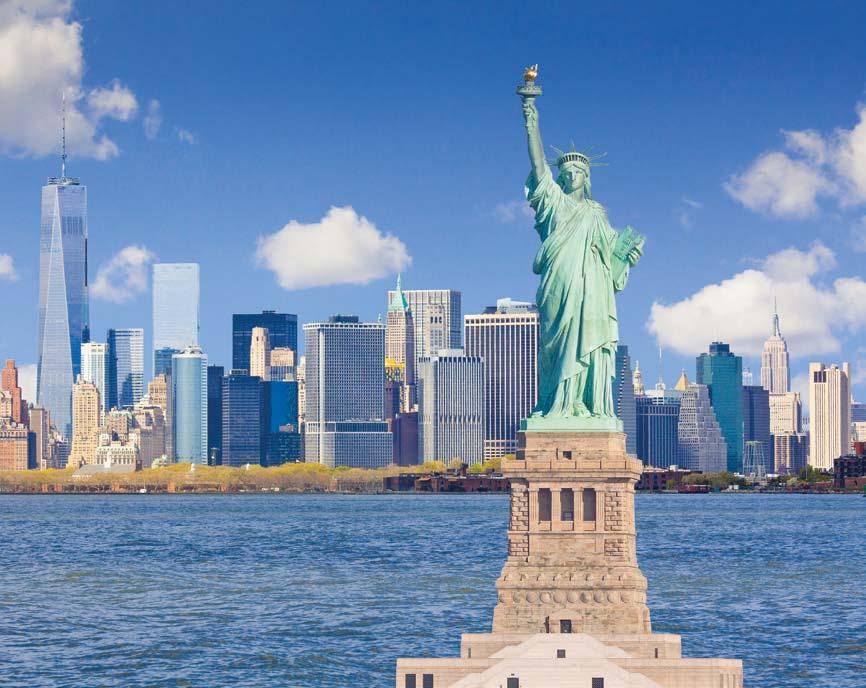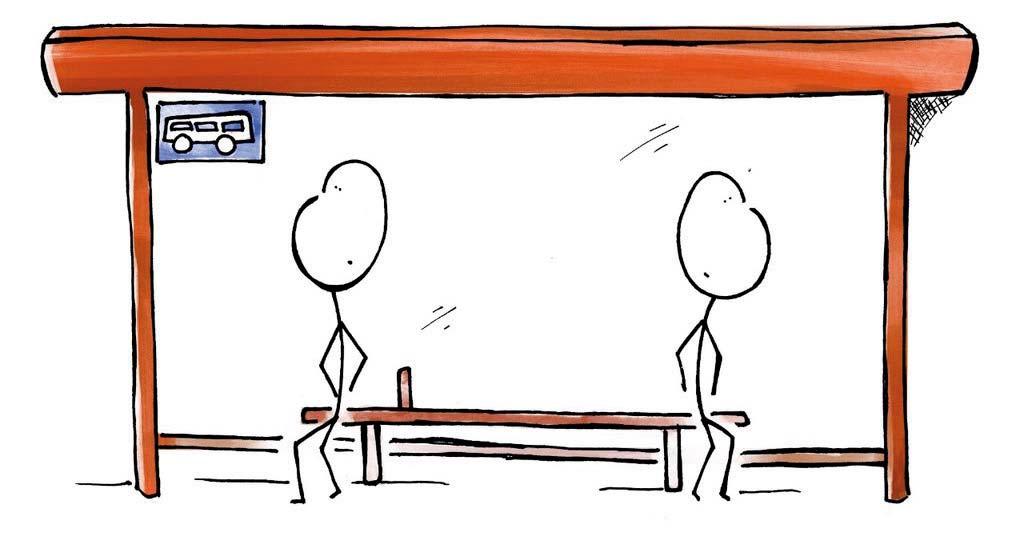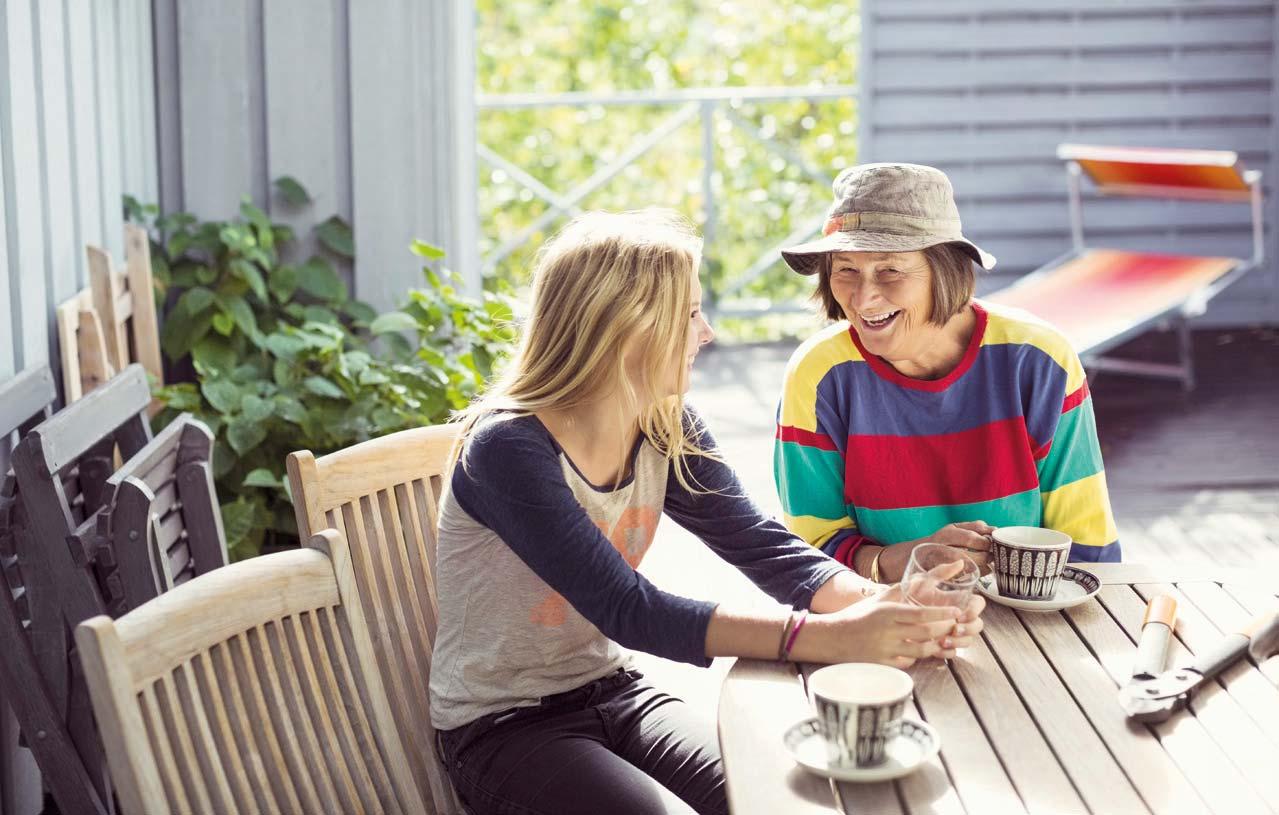Born a Crime E\ 7UHYRU 1RDK
ar
← Stop and translate important words and summarise each paragraph.
GLOSSARY
birth certificate fødselsattest adjacent ved siden av / ved sida av peculiar merkelig/merkeleg proof bevis chessboard sjakkbrett toddler småbarn light-skinned lyshudet/ lyshuda raise føre til
Vu
rd er
in
gs ek s
em pl
Under apartheid, the government labeled everything on your birth certificate: race, tribe, nationality. Everything had to be categorized. My mother lied and said I was born in KaNgwane, the semisovereign homeland for Swazi people living in South Africa. So my birth certificate doesn’t say I’m Xhosa, which technically I am. And it doesn’t say that I’m Swiss, which the government wouldn’t allow. It just says that I’m from another country. My father isn’t on my birth certificate. Officially, he’s never been my father. And my mother, true to her word, was prepared for him not to be involved. She’d rented a new flat for herself in Joubert Park, the neighborhood adjacent to Hillbrow, and that’s where she took me when she left the hospital. The next week she went to visit him, with no baby. To her surprise, he asked where I was. “You said that you didn’t want to be involved,” she said. And he hadn’t, but once I existed he realized he couldn’t have a son living around the corner and not be part of my life. So the three of us formed a kind of family, as much as our peculiar situation would allow. I lived with my mom. We’d sneak around and visit my dad when we could. Where most children are proof of their parents’ love, I was proof of their criminality. The only time I could be with my father was indoors. If we left the house, he’d have to walk across the street from us. My mom and I used to go to Joubert Park all the time. It’s the Central Park of Johannesburg – beautiful gardens, a zoo, a giant chessboard with human-sized pieces that people would play. My mother tells me that once, when I was a toddler, my dad tried to go with us. We were in the park, he was walking a good bit away from us, and I ran after him, screaming, “Daddy! Daddy! Daddy!” People started looking. He panicked and ran away. I thought it was a game and kept chasing him. I couldn’t walk with my mother, either; a light-skinned child with a black woman would raise too many questions. When I was a
WATCH Mandela: Long Walk to Freedom (2013)
The World of English
209



































































